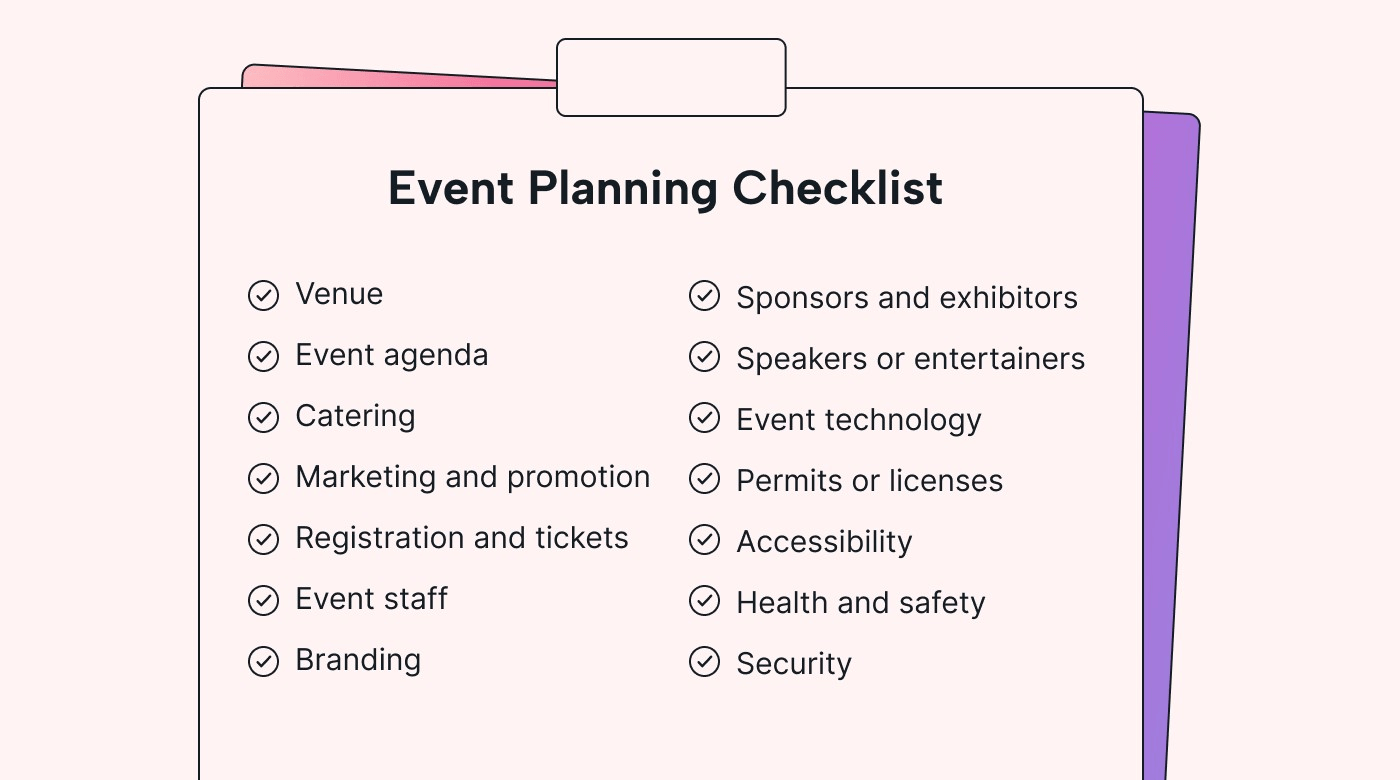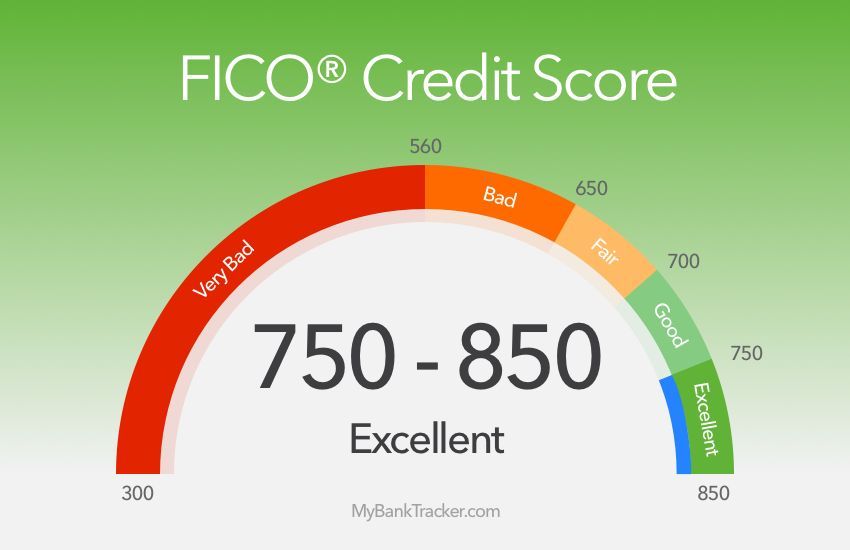How to hold a Successful Meeting, Meet up, Training, Networking Event or Conference
Mastering the Art of Hosting Successful Corporate Events: A Comprehensive Guide

Title: Mastering the Art of Hosting Successful Corporate Events: A Comprehensive Guide
Introduction:
Corporate events play a pivotal role in shaping the culture, fostering collaboration, and driving growth within organizations. Whether it's a meeting, meet-up, training session, networking event, or conference, the success of such gatherings hinges on meticulous planning and execution. In this guide, we'll delve into the key steps and strategies to ensure your corporate event is a resounding success.
1. Define Clear Objectives:
Before diving into event planning, it's essential to define clear objectives and outcomes. Ask yourself: What do we hope to achieve with this event? Whether it's knowledge sharing, skill development, fostering relationships, or driving business growth, outlining specific goals will guide every aspect of your event planning process.
2. Know Your Audience:
Understanding your audience is paramount to tailoring the event experience to meet their needs and expectations. Whether you're hosting internal stakeholders, industry professionals, clients, or potential investors, consider their preferences, interests, and demographics when planning the agenda, content, and activities.
3. Choose the Right Venue:
Selecting the appropriate venue sets the stage for a successful event. Consider factors such as location, capacity, layout, amenities, and ambiance. Whether it's a corporate training center, conference hall, or trendy meetup space, ensure the venue aligns with the tone and objectives of your event.
4. Craft a Compelling Agenda:
A well-crafted agenda is the blueprint for a successful event. Outline the sequence of sessions, presentations, workshops, and networking activities. Balance engaging content with ample breaks to keep attendees energized and engaged throughout the event.
5. Secure Knowledgeable Speakers and Facilitators:
Speakers and facilitators play a pivotal role in delivering valuable insights and driving engagement during corporate events. Choose subject matter experts, industry leaders, and dynamic presenters who can captivate the audience and deliver actionable takeaways.
6. Foster Interaction and Engagement:
Encourage active participation and engagement among attendees through interactive elements such as group discussions, Q&A sessions, hands-on workshops, and networking activities. Create opportunities for attendees to connect, share experiences, and collaborate with one another.
7. Leverage Technology:
Harness the power of technology to enhance the event experience. Utilize event management platforms, mobile apps, and virtual collaboration tools to streamline registration, facilitate communication, and provide access to event resources.
8. Ensure Seamless Logistics:
Pay meticulous attention to logistical details such as registration, catering, audiovisual setup, signage, and transportation. Anticipate potential challenges and contingencies to ensure a smooth and seamless event execution.
9. Solicit Feedback and Evaluation:
Gather feedback from attendees through surveys, polls, and post-event evaluations to gauge satisfaction levels, identify areas for improvement, and gather insights for future events. Use this feedback to refine your event strategy and enhance the attendee experience.
10. Follow Up and Nurture Relationships:
Follow up with attendees post-event to express gratitude, share resources, and nurture relationships. Provide opportunities for continued engagement through post-event communications, online communities, and future event invitations.
11. Incorporate Personalized Experiences:
Utilize data-driven insights to personalize the event experience for attendees. Segment participants based on their interests, preferences, and engagement history to deliver tailored content, networking opportunities, and recommendations. Leverage technologies such as AI-powered recommendation engines and personalized agendas to enhance attendee satisfaction and engagement.
12. Implement Gamification Strategies:
Integrate gamification elements into your event to foster competition, collaboration, and engagement among participants. Design interactive challenges, quizzes, and scavenger hunts that encourage attendees to interact with each other, explore the event space, and earn rewards. Gamification can enhance learning retention, increase participation, and create memorable experiences for attendees.
13. Embrace Hybrid Event Formats:
Embrace hybrid event formats that combine in-person and virtual components to reach a broader audience and enhance accessibility. Leverage virtual event platforms and live streaming technologies to facilitate remote participation, virtual networking, and interactive sessions. Hybrid events enable organizations to maximize reach, reduce costs, and adapt to evolving attendee preferences.
14. Integrate Sustainability Practices:
Integrate sustainability practices into your event planning and execution to minimize environmental impact and promote corporate social responsibility. Choose eco-friendly venues, opt for digital event materials, implement waste reduction initiatives, and offset carbon emissions where possible. Communicate your sustainability efforts to attendees and encourage eco-conscious behaviors throughout the event.
15. Measure ROI and Impact:
Implement robust measurement and analytics strategies to assess the return on investment (ROI) and impact of your corporate event. Track key performance indicators (KPIs) such as attendee satisfaction, engagement levels, lead generation, and business outcomes. Utilize quantitative and qualitative data to evaluate the success of your event, identify areas for improvement, and inform future event planning efforts.
Conclusion:
Hosting successful corporate events requires careful planning, attention to detail, and a focus on delivering value to attendees. By defining clear objectives, understanding your audience, and executing a well-crafted agenda, you can create memorable and impactful experiences that drive engagement, foster connections, and drive organizational success.










